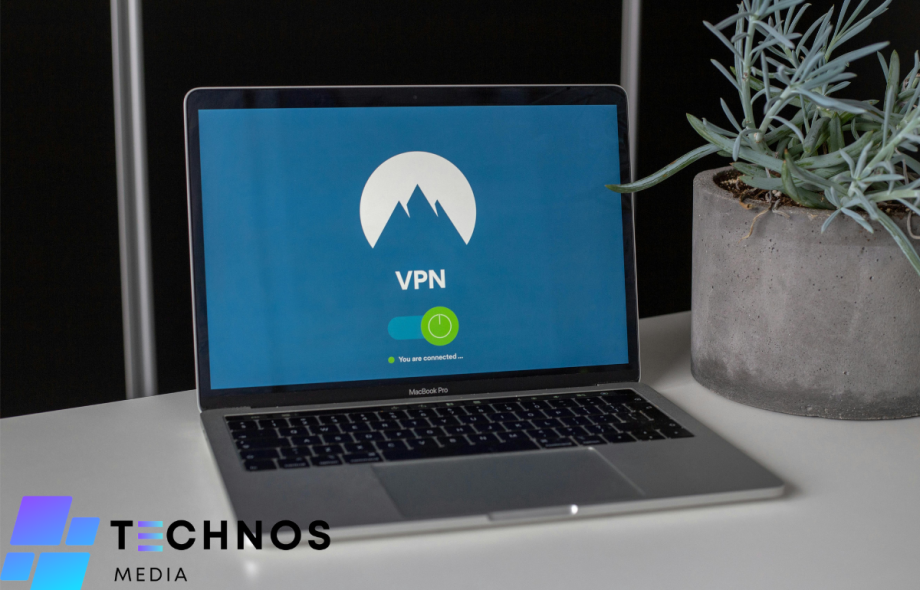Introduction
If you’ve noticed BitTorrent moving slow with NordVPN, you’re not alone. Many users experience sluggish torrent speeds despite using a premium VPN like NordVPN. While VPNs enhance privacy and security, they can sometimes interfere with torrenting performance. This article explores the causes behind slow torrent speeds and provides actionable fixes to optimize your downloads.
Understanding Why BitTorrent Is Moving Slow with NordVPN
How a VPN Affects Torrenting Speeds
Using a VPN encrypts your internet traffic, masking your IP address. However, this encryption process can lead to:
Reduced speeds due to rerouted traffic
High latency from connecting to distant servers
Bandwidth limitations on some servers
NordVPN is optimized for torrenting, yet users may still encounter speed issues. Let’s examine the potential causes.
Common Reasons for Slow BitTorrent Speeds with NordVPN
Overloaded VPN Servers
If too many users are on the same server, speeds drop.
Incorrect VPN Protocol
NordVPN offers OpenVPN and NordLynx, but the wrong selection can slow downloads.
ISP Throttling
Some ISPs detect VPN traffic and throttle speeds accordingly.
Limited P2P Servers
NordVPN has dedicated P2P servers, but not all are optimized for speed.
Firewall or Antivirus Interference
Security software may restrict torrenting activity.
Poor BitTorrent Client Settings
Incorrect port forwarding and low bandwidth allocation can slow downloads.
How to Fix Slow BitTorrent Speeds with NordVPN
1. Switch to a Faster VPN Server
NordVPN provides dedicated P2P servers. To optimize speed:
Open NordVPN and connect to a P2P-optimized server.
Avoid congested servers by checking NordVPN’s server load indicator.
2. Use the Right VPN Protocol
NordVPN supports multiple protocols. The best choices for torrenting:
NordLynx (WireGuard-based) – Faster and more efficient
OpenVPN (UDP) – More stable but slightly slower
To switch protocols:
Open NordVPN.
Go to Settings > Auto-connect.
Choose NordLynx for best performance.
3. Enable Port Forwarding
Some VPNs support port forwarding, but NordVPN does not. Instead:
Configure uTorrent or qBittorrent to use random ports.
Avoid common blocked ports (e.g., 6881-6889).
Check your firewall to ensure torrent traffic is not restricted.
4. Turn Off Kill Switch and CyberSec
NordVPN’s Kill Switch and CyberSec may interfere with torrent speeds. Try:
Disabling Kill Switch: Go to Settings > Kill Switch and turn it off.
Turning Off CyberSec: Navigate to Settings > CyberSec and disable it.
5. Optimize BitTorrent Client Settings
Adjusting settings in your torrent client can significantly boost speeds:
Limit global connections to 200-300.
Increase upload slots to 8-12.
Enable DHT and Peer Exchange to find more peers.
Use a wired connection instead of Wi-Fi for stability.
6. Check Your ISP for Throttling
ISPs often throttle VPN traffic. To check:
Run a speed test with and without NordVPN.
If speeds are significantly lower with VPN, your ISP may be throttling torrents.
Consider using obfuscated servers in NordVPN to bypass throttling.
7. Clear DNS and Use NordVPN’s DNS Servers
Incorrect DNS settings can slow downloads. To fix this:
Flush DNS by running ipconfig /flushdns in the command prompt.
Set NordVPN’s DNS servers manually:
Primary: 103.86.96.100
Secondary: 103.86.99.100
8. Disable Background Applications
Other apps consuming bandwidth can impact speeds. Close unnecessary applications like:
Streaming services (Netflix, YouTube)
Cloud backups (Google Drive, Dropbox)
Other P2P applications
9. Upgrade to a Faster Internet Plan
If you have a slow internet connection, upgrading your plan can make a significant difference. VPNs inherently reduce speed, so starting with a fast base connection helps.
10. Try a Different VPN Provider
If all else fails, consider testing another VPN optimized for torrenting, such as ExpressVPN or Private Internet Access (PIA). Some users report better speeds with different services.
Frequently Asked Questions
Why Does NordVPN Slow Down My Torrent Speeds?
NordVPN encrypts and reroutes traffic, which can reduce speeds. Choosing the right settings and server minimizes this impact.
Can NordVPN Bypass ISP Throttling for Torrenting?
Yes, NordVPN can mask torrent traffic. However, ISPs may still detect VPN usage. Using obfuscated servers helps bypass restrictions.
What Is the Best VPN Protocol for Torrenting?
NordLynx (WireGuard) is the fastest, followed by OpenVPN (UDP). Avoid OpenVPN (TCP) as it’s slower.
Should I Use a Free VPN for Torrenting?
No, free VPNs often have data limits, slow speeds, and poor security. NordVPN’s premium service is a much safer choice.
Conclusion
If BitTorrent is moving slow with NordVPN, various factors could be causing the issue. By selecting the right server, protocol, and client settings, you can improve speeds significantly. Additionally, optimizing DNS, disabling unnecessary settings, and checking for ISP throttling can further enhance performance.












